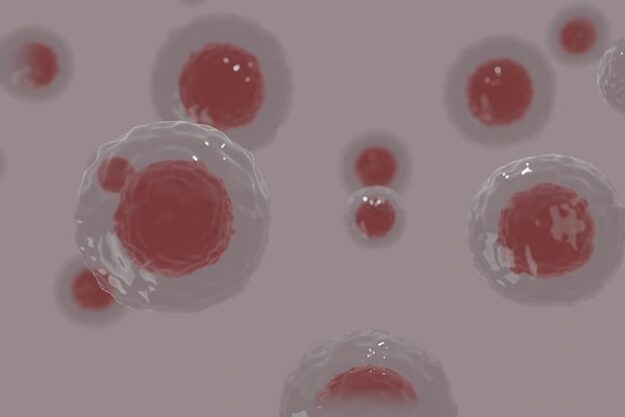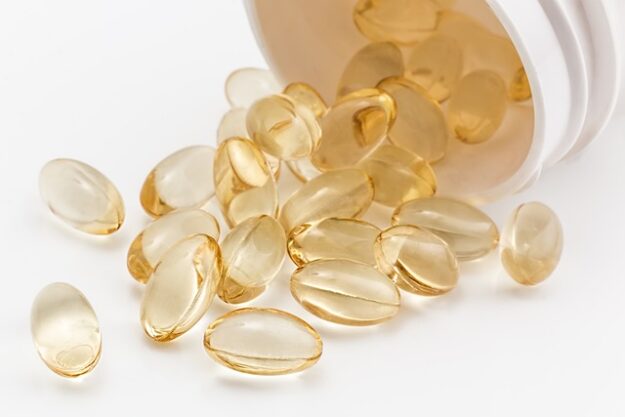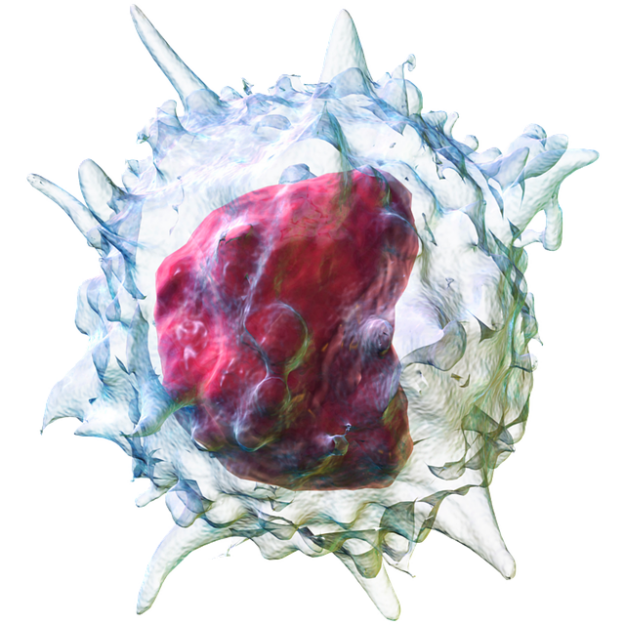A committee of experts proposes rethinking the concept of obesity and BMI
A committee of experts proposes rethinking the concept of obesity: “We need a radical change” The commission asks not to always classify it as a disease, to banish the BMI as the only criterion and to differentiate between clinical and preclinical obesity Obesity is a disease of the future that is being analysed…













